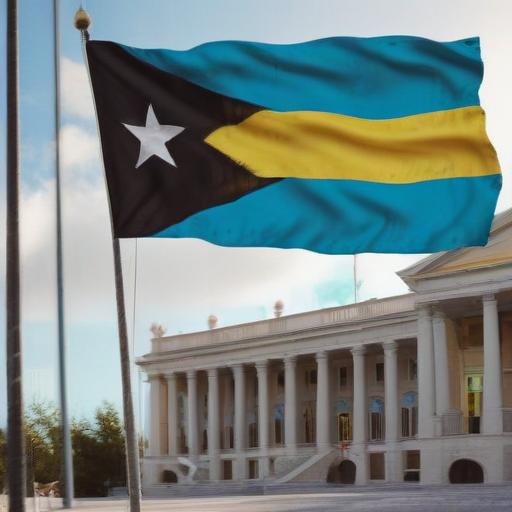The Prime Minister of the Bahamas, Philip Davis, is set to lead a delegation on Monday to engage in discussions with senior U.S. officials about two pressing matters: the employment of Cuban doctors in the Bahamas and the recent visa restrictions imposed by the United States concerning those linked to Cuban medical missions.
This meeting comes in the wake of concerns raised by U.S. Secretary of State Marco Rubio, who has argued that Cuban doctors working abroad are victims of “human trafficking.” Rubio’s stance supports the imposition of visa restrictions on officials involved in these medical missions, indicating that the U.S. views the current system as one of labor exploitation.
Reports indicate that the Cuban government retains a significant portion of the funds remitted by the Bahamian government for Cuban health professionals. Analysis from the project Archivo Cuba reveals that between 83.9% and 91.6% of payments intended for these specialists are funneled to the state-run Comercializadora de Servicios Médicos Cubanos (CSMC), leaving workers with minimal earnings. For instance, while the Bahamas may pay up to $12,000 monthly for a medical advisor, the doctor receives a meager $1,200. The discussion also notes that various other professionals receive even less, raising concerns about their compensation and working conditions.
In addition to low pay, these Cuban professionals typically face restrictive contracts that limit their employment options and compel them to adhere to confidentiality agreements, often without valid immigration permits. They may also be expected to participate in political activities organized by the Cuban embassy.
Rubio, during a recent tour of Caribbean nations, labeled these medical missions as “atrocious” and called for a comprehensive review of current agreements due to alleged human rights and labor violations. The U.S. State Department’s annual reports characterize the Cuban medical service export system as “coercive and exploitative,” estimating that it brings in over $4.9 billion annually for the Cuban regime.
Despite these serious allegations and complaints, Bahamian officials like Minister of Health Dr. Michael Darville have publicly supported the agreement with Cuba. Darville previously affirmed the positive aspects of the collaboration and expressed interest in furthering healthcare cooperation. Additionally, at the V International Cuba-Health Convention in April 2025, Darville engaged in discussions with Cuban officials to solidify beneficial initiatives.
This dialogue signifies a complex and sensitive issue at the intersection of healthcare, labor rights, and international relations. As the Bahamas navigates its relationship with Cuba, it will be essential for discussions to focus on fair compensation and the humane treatment of foreign medical workers, fostering a more equitable and ethical system of healthcare collaboration moving forward.
